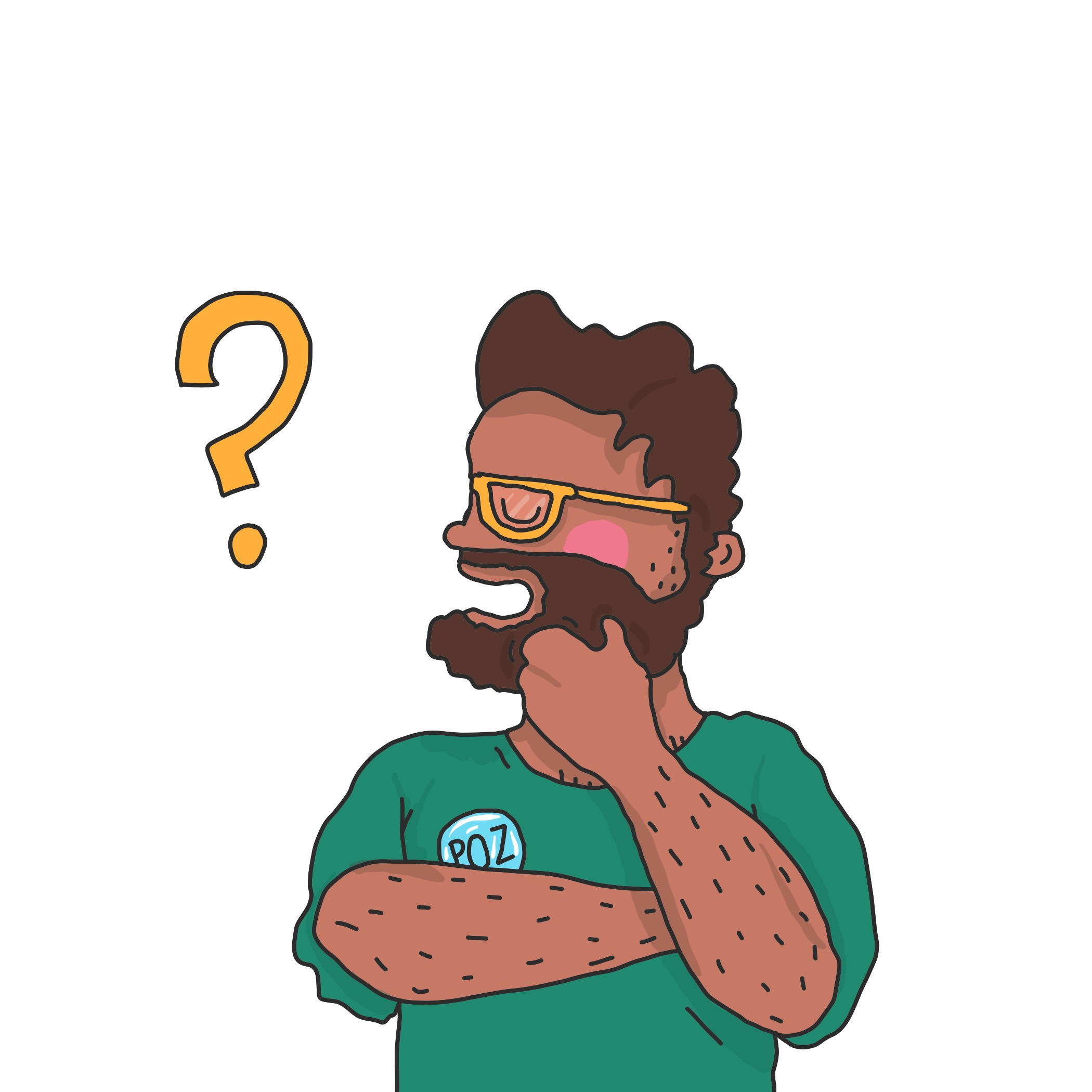COVID-19 tips & tricks

← See all COVID-19 tips & tricks
COVID-19 and living with HIV
Many people with HIV are concerned that they will be more vulnerable to COVID-19. Current evidence shows that people with some underlying health conditions, or people with weakened immune systems, might be more likely to get COVID-19.
If you’re living with HIV with a CD4 count of 200 and over, and with an undetectable viral load, you are NOT considered to have a weakened immune system. That will be the case for most people who are on HIV treatments. You may not have had a CD4 count done recently but as long as your viral load is undetectable you are not considered more vulnerable than a person without HIV or any underlying medical conditions.
If you’re living with HIV with a CD4 count under 200, or with a detectable viral load, or not on HIV treatments, you might be more vulnerable to COVID-19. In those circumstances, it’s important to follow precautions to reduce the risk of getting COVID-19.
If you have another underlying health condition, other than HIV, that other health condition might make you more vulnerable to COVID-19. Check here for more information of those conditions and what steps to take.
There’s more information about COVID-19 and living with HIV here and here.
If you’ve not tested for HIV recently and there’s a chance that you might have undiagnosed HIV, you might want to get an HIV test soon. This is especially important if you’ve been putting off having an HIV test for some time. Knowing you have HIV will mean you will be able to benefit from HIV treatment, and will mean you can consider additional steps to protect you against COVID-19.
Many HIV health services are moving to online appointments.. This is to minimize physical contact between people, and also so that health workers can prioritize the most urgent cases. If you’re not feeling well and need to talk to your HIV clinic, it’s important to still seek advice – your HIV clinic will still have staff to help you.
You might also be asked to get your HIV medications in different ways – for example, you might be asked if your meds can be sent by post, rather than collecting them. You can read more about accessing medicines here.
During these times of physical isolation, lots of us will be feeling isolated, and missing the company of friends, family or lovers. The main PrEPster COVID page has information and tips to help out during this time.
It’s especially important to get support if you’re in challenging living arrangements, including if people you live with don’t know you have HIV. If you’ve been recently been diagnosed with HIV, these times might be extra challenging. Many community HIV services are providing extra phone or online services at the moment.
Check out these services for information on support and advice:
[su_button url="https://prepster.info/covid/stopping-and-starting-PrEP" style="soft" background="#039BE5" size="5" center="yes" radius="round"]Previous tip: Stopping and starting PrEP[/su_button]
[su_button url="https://prepster.info/covid/Does-PrEP-prevent-COVID" style="soft" background="#039BE5" size="5" center="yes" radius="round"]Next tip: Does PrEP prevent COVID?[/su_button]
